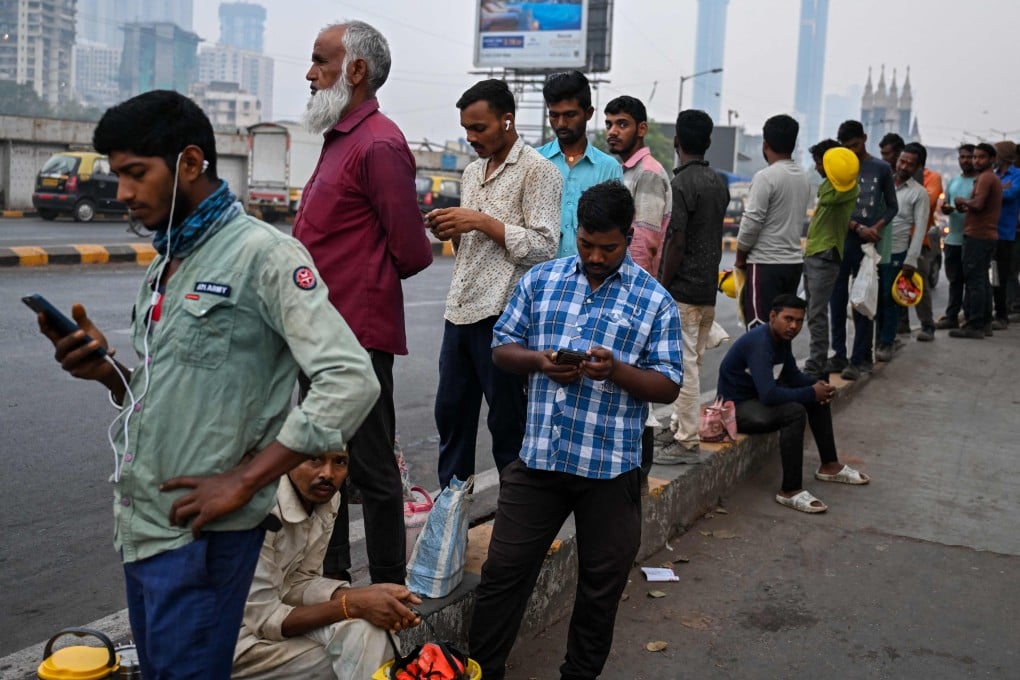The View | Asia’s rising economies are more than ‘China Plus One’ destinations
- The Philippines, Indonesia, Vietnam, India and Thailand have benefited from global supply chain diversification and are poised to capitalise on their large labour pool and potential consumer market to reach the next level of development

The original dragon economies of Hong Kong, Singapore, Taiwan and South Korea achieved rapid growth from the 1960s to the early 1990s largely through export-oriented models, leveraging their competitive advantages in manufacturing and trade, and pursuing a high degree of openness.
China followed in their footsteps when it implemented economic reforms and integrated itself into global supply chains.
The five economies have in common large labour forces and potential consumer markets, offering opportunities for both domestic and international expansion. In the earlier stages of their development in the 1980s and 1990s, to varying degrees, they followed the Washington Consensus, a set of market-oriented reforms recommendations by Washington-based institutions such as the World Bank, including privatisation, financial deregulation and trade liberalisation.
China’s economic growth is sometimes attributed to the so-called Beijing Consensus, which embraces selected market-oriented policies but also advocates greater state-led industrialisation, innovation and self-determination. This is reflected in sectors such as telecommunications, high-speed rail infrastructure, renewable energy and electric vehicles.
